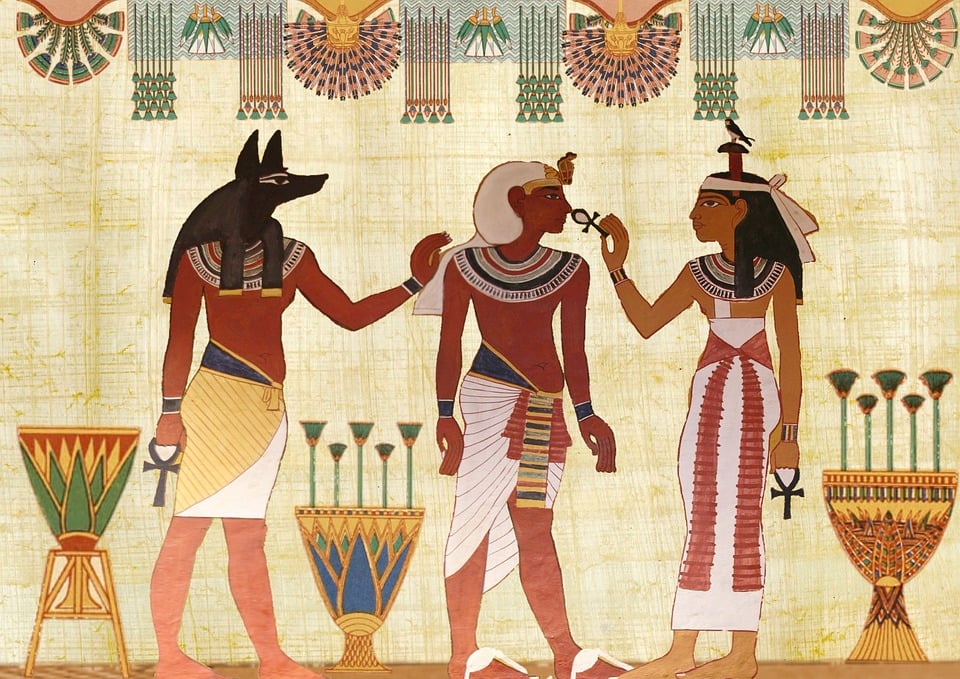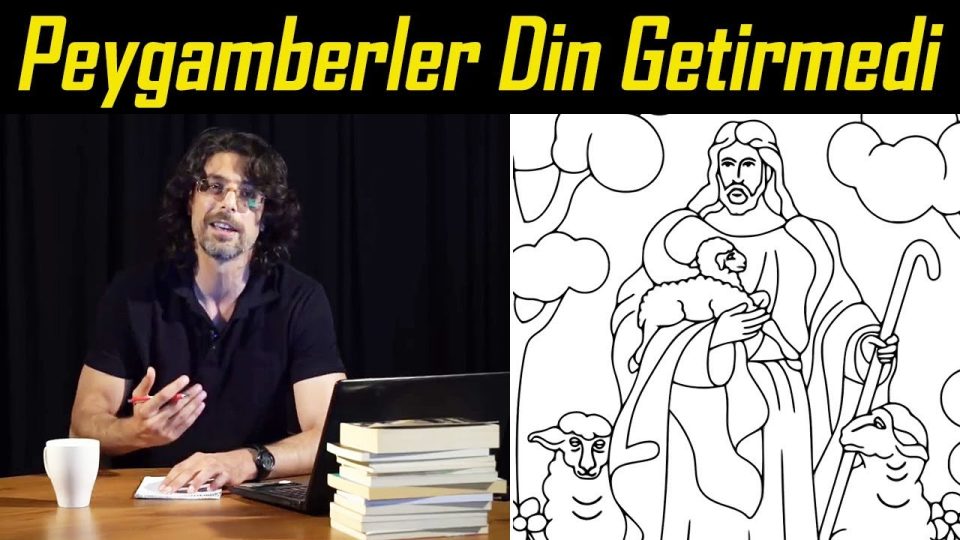The Bourbon dynasty ruled Spain during the 18th century. One of the main goals of the Bourbon monarchs was to modernize Spain and bring it up to par with other European powers. Therefore, they introduced a series of political and economic reforms that had a significant impact on Spain’s modernization process. This essay will explore the main political and economic reforms introduced by the Bourbon monarchs in the 18th century and their impact on Spain’s modernization process.
The first Bourbon monarch to rule Spain was Philip V, who ascended to the throne in 1700. He introduced a series of political reforms that aimed to centralize the government and make it more efficient. One of the most significant reforms was the creation of the Council of Castile, which became the highest court of appeal in the kingdom. The Council was made up of highly trained lawyers and was responsible for drafting legislation, which was then approved by the king. This system replaced the outdated system of the Habsburgs, which was highly decentralized and inefficient.
The Bourbon monarchs also introduced a new system of taxation, which was more efficient than the old system. The new system was based on the wealth of individuals rather than on the land they owned. This system helped to increase government revenue and enabled the Bourbon monarchs to carry out their modernization program.
Another significant reform introduced by the Bourbon monarchs was the creation of the Royal Company of the Philippines in 1729. This company was established to promote trade between Spain and its colonies in the Philippines. The company’s establishment had a significant impact on Spain’s economic growth and enabled the country to compete with other European powers.
The Bourbon monarchs also introduced a series of economic reforms that aimed to promote agriculture and industry. They encouraged the growth of new crops such as maize and potatoes, which became a staple food in Spain. They also encouraged the growth of industry by establishing new factories and encouraging the use of new technologies.
The Bourbon monarchs also introduced a new legal system that was based on the principles of the Enlightenment. This system aimed to promote the rule of law and protect the rights of individuals. It was based on the ideas of Montesquieu and Rousseau and helped to create a more just society.
Another significant reform introduced by the Bourbon monarchs was the creation of a modern army. They established a professional army that was well-trained and equipped with modern weapons. This army helped to protect Spain’s interests and enabled it to compete with other European powers.
The Bourbon monarchs also made significant improvements to Spain’s infrastructure. They built new roads, bridges, and canals, which helped to promote trade and economic growth. They also invested in the construction of new public buildings, including schools and hospitals, which helped to improve the quality of life for ordinary Spaniards.
One of the most significant reforms introduced by the Bourbon monarchs was the expulsion of the Jesuits in 1767. The Jesuits were considered a threat to the Bourbon monarchs’ modernization program because of their opposition to the Enlightenment. Their expulsion helped to strengthen the power of the monarchy and promote the spread of Enlightenment ideas.
Overall, the political and economic reforms introduced by the Bourbon monarchs had a significant impact on Spain’s modernization process. They helped to centralize the government, promote trade and industry, and create a more just society. They also helped to strengthen the power of the monarchy and protect Spain’s interests. However, the Bourbon monarchs were not able to solve all of Spain’s problems, and the country continued to face significant challenges in the 19th century.

















